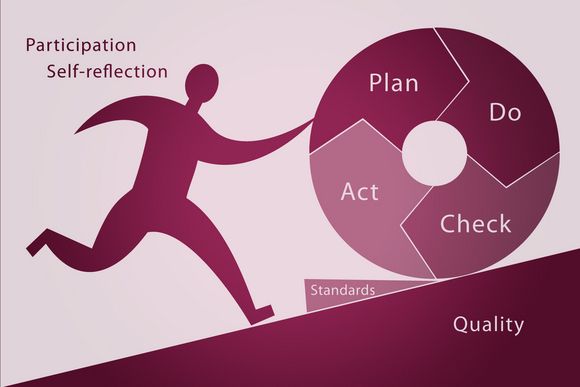What is Quality Improvement in HIV Prevention?
Quality Improvement or QI can be broadly defined as any action(s) taken to enhance the performance and/or effectiveness of a product or service as well as the processes involved in delivering that product or service.

- There are dozens of approaches to quality improvement.
- Most of these were originally developed for use in the private sector.
- Many have been adapted for use in other sectors, including health and social services.
Why Quality Improvement in HIV Prevention
Individuals and organisations are increasingly aware that the quality of their HIV prevention work must be better and more consistent to have a sustained impact on the epidemic.
For a long time, prevention has focused simply on the number of people reached, with little regard for the quality of the interventions.
But quality – in parallel with growing concerns about value for money – is rapidly becoming a key consideration for prevention programs.
Decades of experience with QI in the private sector have confirmed there is always room for improvement in products, services and processes.
The challenge is to find an approach that can be successfully applied to improve HIV prevention activities, projects and programs.
It is a rewarding exercise to find out how well you are already doing and where you can improve. And, in the case of the HIV response, improvements can and will change the course of the epidemic.
Who can benefit from Quality Improvement in HIV Prevention?
Anyone involved in HIV prevention programs can and should be exploring ways to improve the quality of their work. This includes:
- NGOs
- Community-based organisations
- Government organisations
- Policy makers
- Academic institutions/universities
- Private Sector organisations
